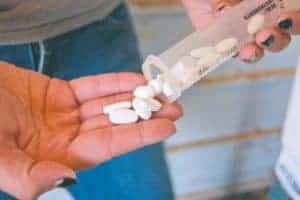
Rethinking How We Fight Infection in Horses
Here are questions veterinarians should consider when deciding whether to treat a horse with an antibiotic.

Here are questions veterinarians should consider when deciding whether to treat a horse with an antibiotic.
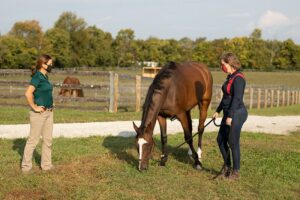
Researchers have observed pandemic-related trends in the equine industry over the past two years.

Scientists recently investigated how horses metabolize and tolerate cannabidiol and found it is bioavailable.

Researchers showed one product containing this naturally occurring hemp extract is relatively safe.

Researchers found acetaminophen is readily and rapidly absorbed, and most of the horses appeared to feel and move better.

Researcher: Don’t ignore subtle signs of equine discomfort before riding. Often the cause is a veterinary issue.

Dr. Nathan Slovis covers new technologies in accurately diagnosing the causes of infectious diarrhea in foals.

PRCA Hall of Famer Douglas Corey, DVM, offered insight into rodeo horse care and welfare during the American Association of Equine Practitioner’s annual convention.
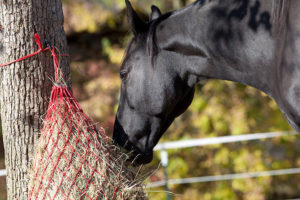
An equine nutritionist reviews what we know about the horse’s immune system and the potential to enhance disease resistance through diet.

Follow these straightforward steps to help your horse lose weight and gain a competitive advantage.

Studies support DHAI combined with uterine lavage one hour after insemination as a useful approach for helping settle problem mares.

Do horse feeds made of products treated with herbicides and pesticides create contaminated compost that threatens the health of future gardens? Can deworming your horses then composting their manure lead to drug residue in your pile? Find out how to make the most of your horse’s manure.

Administering detomidine gel to mares intravaginally might be easier and more effective than giving it intravenously.
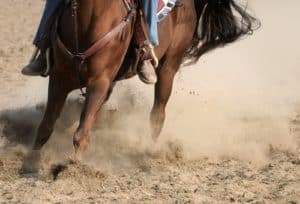
A deep branch lateral plantar neurectomy and fasciotomy procedure can get affected horses back to work.

Using the natural antimicrobial prophylactically offers another line of defense against incisional infection in horses undergoing colic surgery.
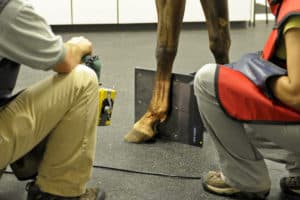
One practitioner describes her diagnostic imaging decision-making process when assessing Western performance horse soundness during prepurchase exams.
Stay on top of the most recent Horse Health news with
© 2022 Copyright Statement dolor sit amet, consetetur sadipscing User Terms, sed diam nonumy eirmod tempor invidunt ut labore et dolore magna aliquyam erat, sed diam voluptua. At vero eos et accusam et justo duo dolores et ea rebum. Stet clita kasd gubergren, no sea takimata sanctus est Lorem ipsum dolor sit amet.